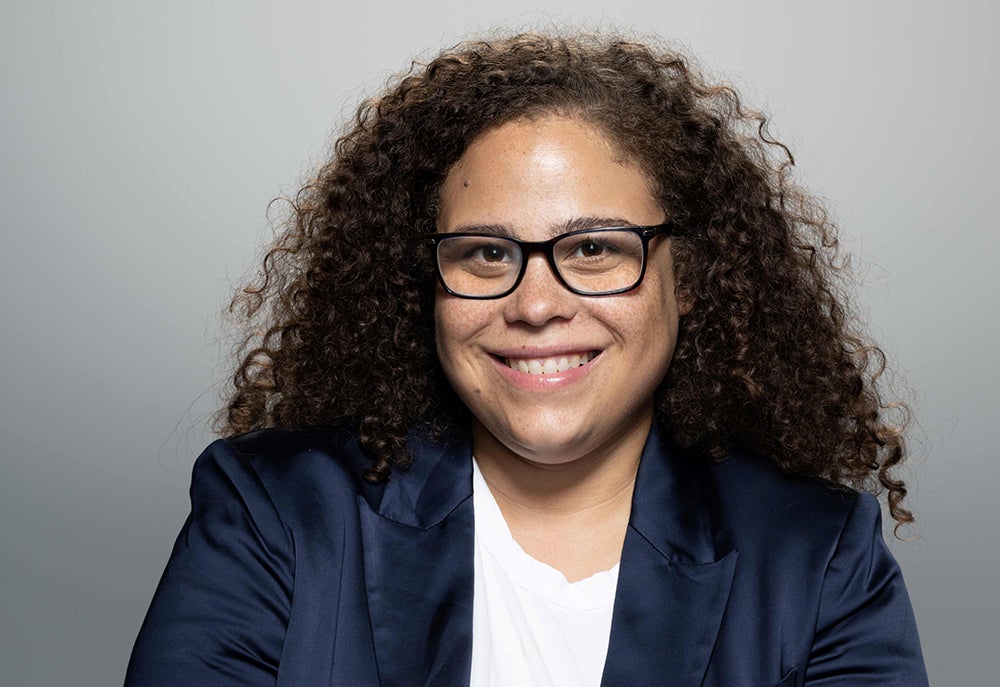There is a large Hmong community in Wisconsin. We talk with the author of a new book that looks at the culture’s wedding traditions. And on this week’s edition of Food Friday, we dig into the delicious realm of Korean food that you can make and enjoy at home with the author of a cooking comic book. And we cover a top news story of the day.
Featured in this Show
-
Judge Neil Gorsuch Confirmed To Serve On The SCOTUS
A battle over a Supreme Court seat that was left vacant after the death of former Justice Antonin Scalia has come to an end after over a year. Conservative Judge Neil Gorsuch was confirmed to the Supreme Court today, after Republicans overrode a Democratic filibuster. A national political reporter shares the details with us.
-
Hmong-American Author Explores 'The Bride Price' In Memoir
When Mai Neng Moua was growing up as a Hmong-American living in Minnesota, she decided she didn’t want to follow a longstanding marriage custom if she were to marry a Hmong man.
In her 20s, Moua followed through on that decision. In planning her wedding to a Hmong man, she insisted she didn’t want her husband-to-be’s family to pay a “bride price.”
“In the Hmong community, as with several other communities, the bride price is money you pay the bride’s parents for marrying her,” the author explained. She added that the “going rate” for the bride price is anywhere from $5,500 to $20,000. Moua said it’s different than the dowry because a dowry includes all the gifts and supplies that family members give the bride to start her life.
Moua shared her story of rejecting this custom in a memoir released last month, “The Bride Price: A Hmong Wedding Story.”
“I really struggled with (the bride price) because growing up I had heard all these stories, my mother’s stories, about the impact of the bride price on her and as a young girl,” she said. “Growing up I felt like that was not the thing for me.”
Moua, who is also the founder of the Hmong literary arts journal, Paj Ntaub Voice, said she knew her decision to tell her story would have consequences for her in her community.
However, Moua said she already had “strikes” against her in the community. Moua’s father died at a young age, and in the Hmong community, having a father as the head of the household is important, she said. Moua also sought a kidney transplant instead of traditional healing practices when she was diagnosed with kidney disease in college.
Moua said these things that may have already lessened her status in her community made her feel more comfortable with writing her memoir.
“In writing the story, people already don’t like me, so I might as well tell the story I need to tell,” she said.
In her book, Moua writes about how deciding not to accept a bride price put a strain on her relationship with her mother.
“My mom, as a war widow, doesn’t have a lot of standing in the Hmong community. When I asked my mom, (we) didn’t talk for more than a year, which is hard to do in a close knit community when you show up and you see each other but you don’t talk to each other,” she wrote.
“The elders say the bride price is a promise that the groom and his family will love and care for the bride and will not abandon or abuse her. Since they have invested good money in the bride, she is valuable and they will take good care of her.”
In the course of writing her book, she talked to many Hmong women about their views on the bride price. She said Hmong women are all over the map when it comes to the marriage custom.
“There are some Hmong women that insist on a bride price because that’s how the Hmong community values Hmong women. There are others that insist they don’t want a bride price because it goes against who they are, and then there are others who don’t really care,” Moua said.
She said the variety of opinions on the bride price are indicative of the larger, complex issue of being Hmong and American. She said Hmong-Americans wrestle with trying to honor themselves at the same time as honoring their community.
Moua said her book is not meant to encourage other Hmong women to reject the bride price, instead she hopes it will spark conversations.
“What I hope this memoir will do is stimulate conversations in my community about what it means to be Hmong in America,” Moua said. “It’s really a challenge for the community to own who you are and know why you believe those things you believe … to really dig deeply and own who you are.”
-
The Bride Price: A Hmong Wedding Story
In a new memoir, Hmong American writer Mai Neng Moua writes about what happens when she decides not to follow a common Hmong marriage custom — the paying of a bride price. The decision puts her at odds with her mother, a widow who has her own reasons for wanting her husband-to-be to pay a bride price. We talk to Mua about living in two cultures, exploring tradition, and seeking reconciliation.
-
Food Friday: A Comic Book With Korean Recipes
This Food Friday, we talk to a comic book illustrator who created a comic book with recipes inspired by her mother’s traditional Korean dishes.
Episode Credits
- Judith Siers-Poisson Host
- Kate Archer Kent Host
- Haleema Shah Producer
- Karl Christenson Producer
- Russell Berman Guest
- Mai Neng Moua Guest
- Robin Ha Guest
Wisconsin Public Radio, © Copyright 2024, Board of Regents of the University of Wisconsin System and Wisconsin Educational Communications Board.

